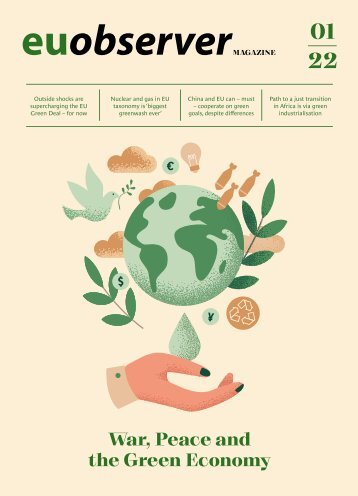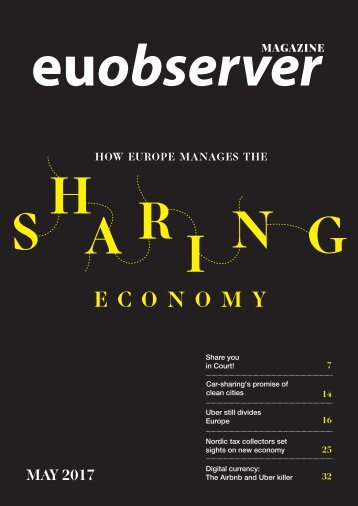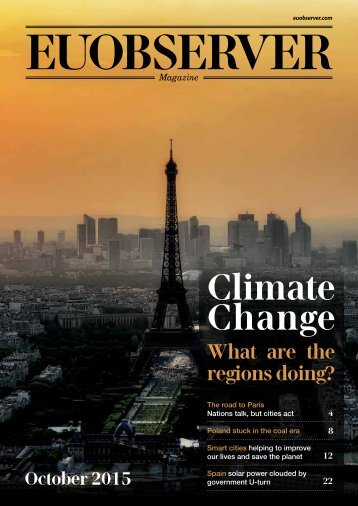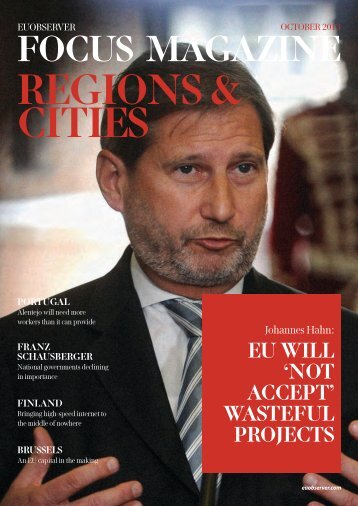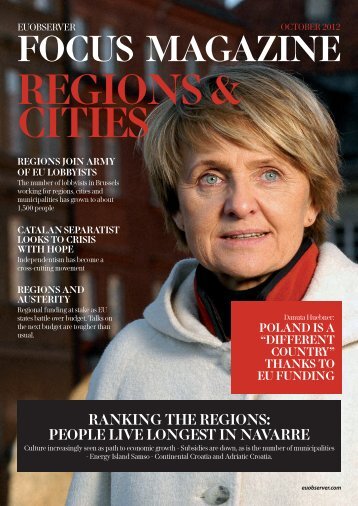War, Peace and the Green Economy
- Text
- Green economy
- Peace
- War
- Ukraine
- China
- Africa
- Europe
PEOPLE IN THE NEWS -
PEOPLE IN THE NEWS - HILDA FLAVIA NAKABUYE WAR, PEACE AND THE GREEN ECONOMY However, the last few years have marked the rise of climate change activism in Africa, gaining momentum across the continent. With the increasing participation and engagement of young people in protests, Uganda’s Fridays for Future movement inspired similar movements in other countries, including Kenya, Tanzania, Nigeria, Sierra Leone and Angola, Nakabuye says. Her main aim is to raise awareness about climate change among local communities. But she is also demanding climate action from leaders and the international community. Developed countries continue to burn fossil fuels while Africa suffers the worst effects of climate change.” Hilda Flavia Nakabuye Colonial history Climate change is rooted in the exploitation of the planet’s resources. But the role of history and colonialism in the climate crisis is currently at the heart of the debate because it has triggered a double injustice: exacerbating social inequalities — while disproportionately harming those communities that contribute least to climate change. Developed countries, says Nakabuye, continue to burn fossil fuels while Africa suffers the worst effects of climate change. The G20, which includes Australia, Germany, Brazil, China, India and the United States, accounts for 80 percent of global greenhouse gas emissions, while Activists from Fridays for Future Uganda strike to demand climate justice and to protect the Bugoma Forest (Source: 350 .org via Flickr) the African continent is responsible for less than three percent of the world’s emissions. The unfairness is self-evident. Yet many in developing countries continue to believe that economic growth goes hand-in-hand with fossil-fuel consumption. And, as a result, local authorities in Africa continue to allow fossil-fuel companies to exploit the continent’s natural resources, threatening ecosystems and water sources for millions of people, says Nakabuye. But she is adamant that new oil and gas projects are simply a “ticket to hell” and a “death penalty” for African countries. “We cannot ‘develop’ on a dead planet,’ she points out, starkly. Instead, to ensure a sustainable future, investments should go into renewables and sustainable agriculture. Nakabuye also wants fossil-fuel companies to stop their polluting extraction and production activities in Africa. The Ugandan activist, who has attended several UN climate talks herself, says action taken so far by politicians are a huge disappointment and she is not optimistic about outcomes at the upcoming United Nations Climate Change Conference in Egypt (COP27) in November. These annual meetings, where global leaders make pledges about their efforts to slow down climate change, are full of lobbyists and business interests and are just a “meet and greet” exercise, she says. This has become painfully clear for African nations because they have seen nothing but broken promises following previous UN climate talks. Until now, rich nations have failed to fulfil the long-standing pledge to provide 0bn per year to emerging economies to address climate change impact and mitigation. In the build-up to COP27, developing countries are expected to push rich governments to scale up their financial support from 2025 in a bid to limit global temperatures to 1.5 degrees — the 2015 Paris Agreement target. But Africa has already warmed by more than one degree Celsius since 1900, according to the United Nations. ◄ Agriculture is the backbone of Africa’s economy, employing 60 percent of its population, and high temperatures could have devastating effects on crop production and food security. Additionally, the adverse effects of climate change are also hitting harder on women and girls, who bear the biggest burden, especially in situations of poverty, says Nakabuye. About The Elena much-needed Sánchez change Nicolás towards a sustainable relationship with nature will not come from politicians but from ordinary people, Elena she joined says, EUobserver because “I in know 2019. the power She of covers the people climate can bring change the and difference tech that policy. is needed.” Before joining EUobserver, she worked on European affairs at the Brussels-based think tank VoteWatch Europe and the Spanish news agency EFE. Elena is a graduate of Vrije Universiteit Brussel (VUB), where she completed a master in New Media and Society in Europe. She previously studied journalism in Spain, and was part of an exchange programme with the Thomas More Hogeschool, where she focussed on cross-media production. Residents of Masaka dig holes to plant trees. (Source: Paul Kagame via Flickr) 43
- Page 1 and 2: MAGAZINE 01 22 Outside shocks are s
- Page 4: TABLE OF CONTENTS WAR, PEACE AND TH
- Page 8: WHAT’S HAPPENING IN THE EU WAR, P
- Page 12: WHAT’S HAPPENING IN THE EU WAR, P
- Page 16: WHAT’S HAPPENING IN THE EU Does t
- Page 20: HOW OTHERS SEE THE EU WAR, PEACE AN
- Page 24: HOW OTHERS SEE THE EU WAR, PEACE AN
- Page 28: HOW OTHERS SEE THE EU WAR, PEACE AN
- Page 32: WAR, PEACE AND THE GREEN ECONOMY Ch
- Page 36: PEOPLE IN THE NEWS - MAGIC MAGID WA
- Page 40: PEOPLE IN THE NEWS - HILDA FLAVIA N
- Page 46: An A-Z glossary of climate change t
Inappropriate
Loading...
Mail this publication
Loading...
Embed
Loading...



